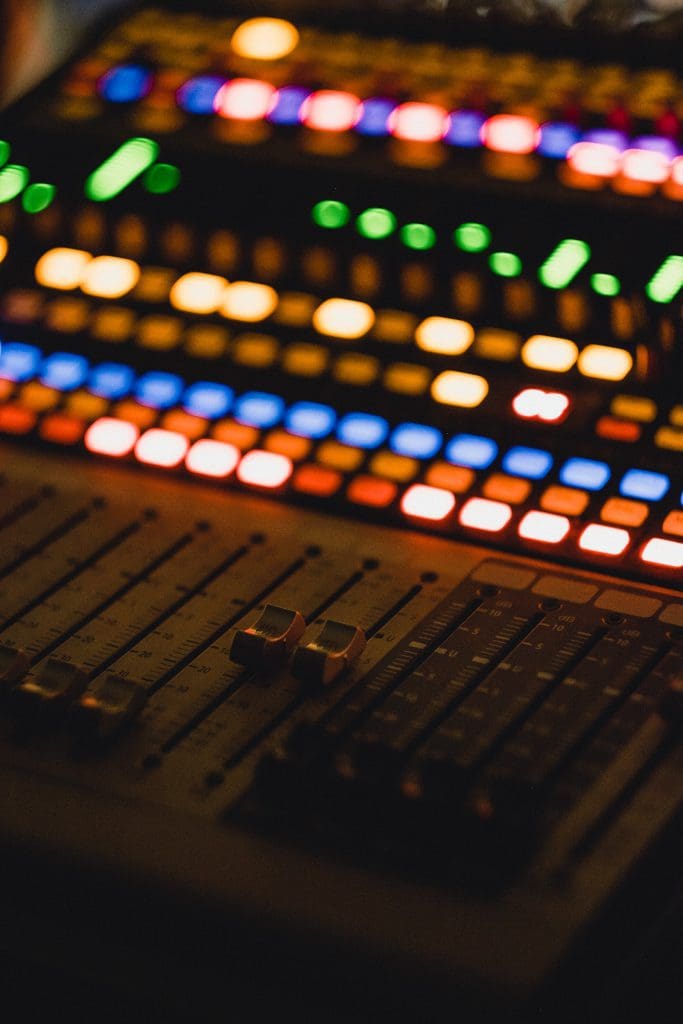Sounds (and fury)
Note: this post has nothing to do with William Faulkner or Shakespeare, though if you’re adding to your collection of facts for trivia night, check out the above links.
This post considers sounds — how we react to them, how they could be harming us, and how they might help us.
You might be a fan of music and its healing qualities. What about the sounds of someone chewing? How about the sounds of someone typing on a laptop? Does it even phase you? Even if you’re unaware, there’s most likely someone near you who has taken notice of these sounds.
Are you familiar with ASMR? It stands for autonomous sensory meridian response. A mouthful, right? ASMR might be considered sounds that help for relaxation, though (limited) research focuses on tingling sensations at the back of the neck. Think of a fish tank and the sounds of the bubbling water; or clicks and brush sounds (see: Bob Ross painting). It’s important to note that experiencing ASMR can come from a variety of auditory and visual stimulation.
Have you ever considered that sounds might be affecting you in unseen ways? Perhaps you already know this. Much like musical tastes, ASMR affects us in different ways and doesn’t affect some people at all.
On a future post, we’ll look at how sounds might be harming us.
Read more: Vox article and Mayo Clinic group comments





Recent Comments